What is ERP?
ERP is a software that businesses use to manage regular business activities like accounting, procurance, project management,
risk management and compliance, and provide chain operations.
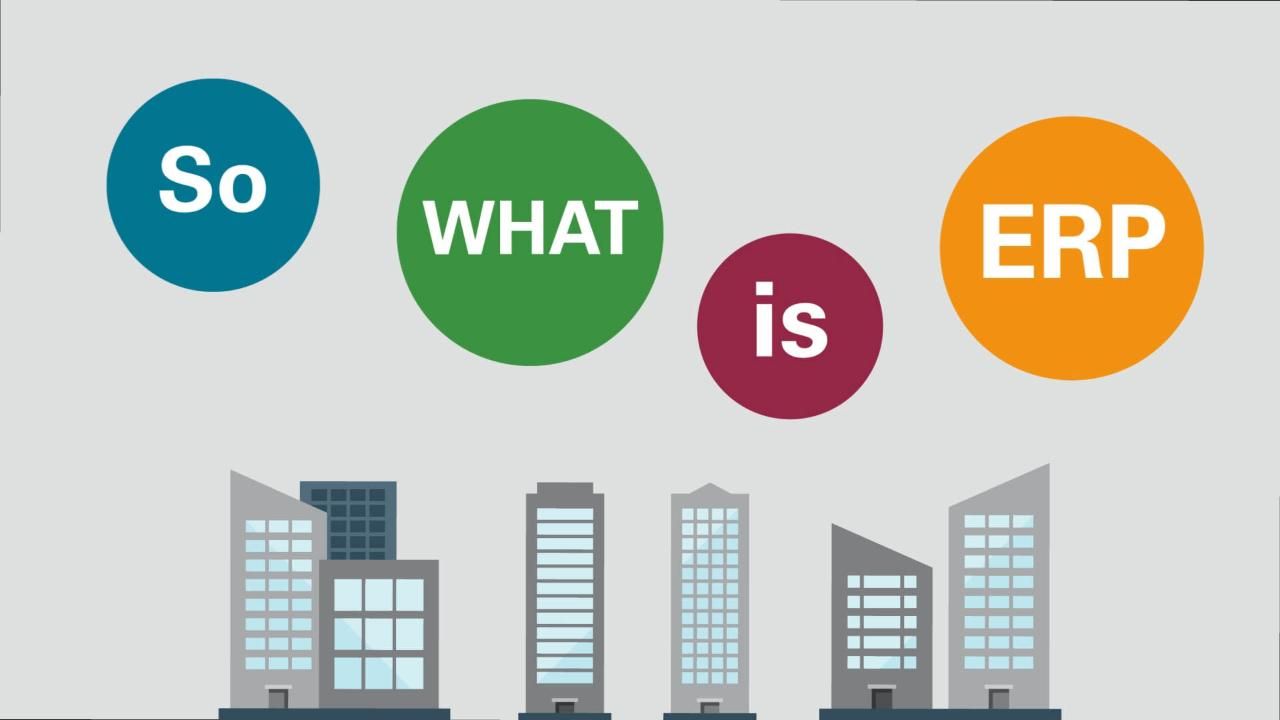
What is Cloud ERP?
Cloud ERP software integrates and automates essential financial and operational business functions and provides one source of information, together with inventory, order, and supply chain management and helps with the acquisition, production, distribution, and fulfillment.
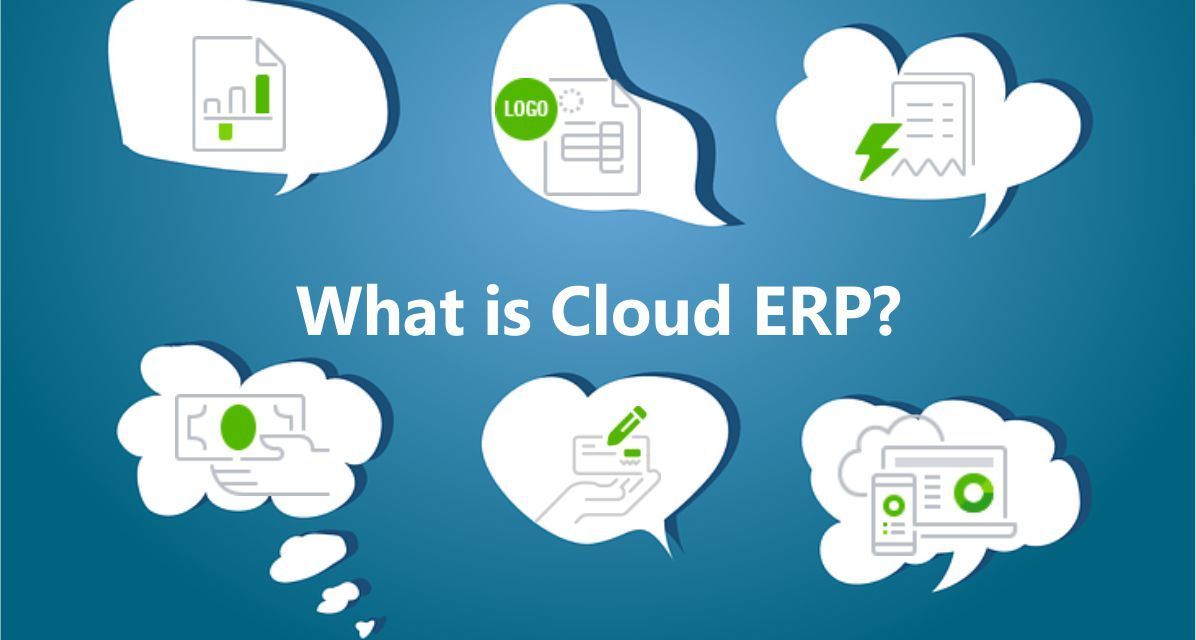
According to Oliver Betz, SVP head of product management for SAP S/4HANA, said:
"I'm a true believer in the cloud as the future state-of-the-art model. However, that requires standardization which needs to happen on the customer side: they have to agree on standardized processes. You cannot have these modifications that you had in the on-premises world, that's not how the cloud works. You will go in a direction where you have
quarterly or at least twice per year releases, which you have to absorb
and agree to."
Cloud ERP provides its users with access to their company's ERP System, without having them to go, physically, to their office.
You can access, or edit, your business data from any device and anywhere.
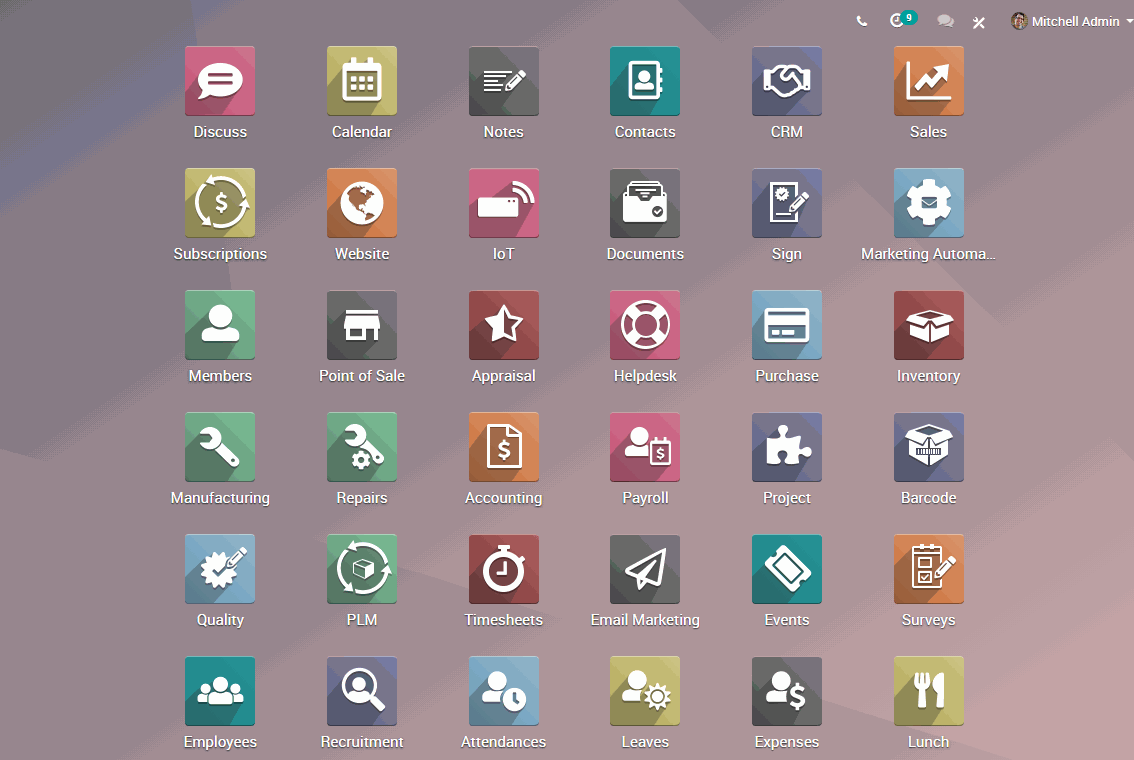
Modules/Apps
This is an example of Odoo Cloud ERP. Odoo is one of the top ERP providers.
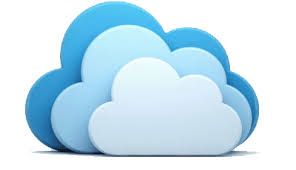
Cloud ERP
Cloud ERP is an ERP system that runs on a cloud platform, different than the on-premises ERP, permitting organizations to access over the net.
Cloud-based ERP is hosted and managed by the seller, which provides the computer code as a service model through the cloud. The seller is accountable for the information storage, the underlying software package, servers, the physical information center infrastructure, and putting in security updates and has upgraded.
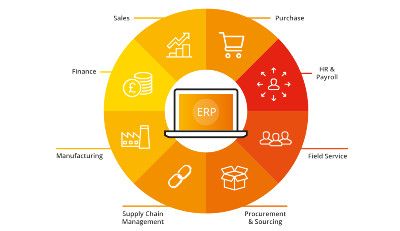
On-Premise ERP
It's software that is manage by a company’s IT employees or a service provider. The business licenses the core software package platform direct then buys or leases enterprise-grade servers, networking, and storage to physically run and house the software package and associated information.
Businesses victimization on-premises ERP incur extra prices for maintenance, troubleshooting, supplementary software package, updates, and customizations. Antivirus and security software packages further as storage and server backup systems also are necessary extra prices.
Different types of Cloud ERP
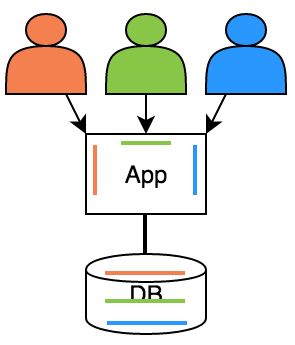
Multi-Tenant
A single version of the ERP software package and it's associated with the infrastructure serve multiple organizations. However, whereas every organization uses an identical software package and is hosted on an identical server, one company’s knowledge remains inaccessible to others.
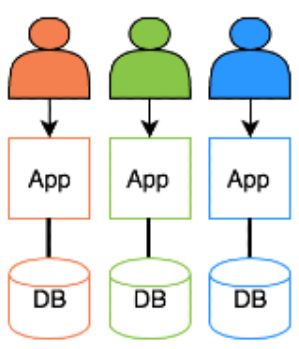
Single-Tenant
A single version of the ERP software package and its associated infrastructure serves only one organization. In alternative words, the associate organization’s knowledge is hosted on personal servers running a distinctive software package instance. Some cloud ERP vendors can provide customers the selection of running a non-public instance or a shared instance.
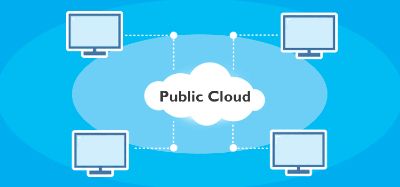
Public Cloud
Owned by the service supplier, multiple organizations share cloud computing services.However, every organization’s knowledge and applications area unit inaccessible to others. Samples of public cloud embrace Amazon net Services, Google Cloud, Microsoft Azure and Oracle Cloud.
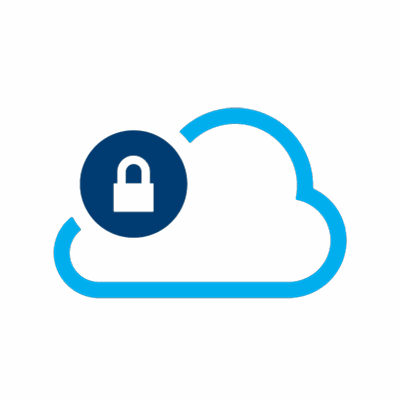
Private Cloud
Private owned. It is not shared by any other organization.
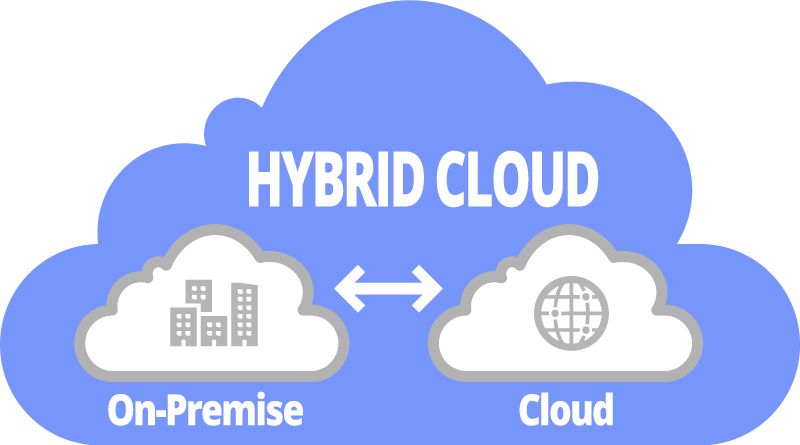
Hybrid ERP
It combines both the on-premise ERP and Cloud ERP. now the Cloud ERP can be Private or Public
Challanges of Cloud ERP
While the trend is clearly toward a lot of use of cloud, there are potential challenges organizations might face:
Legacy systems: If a bigger business that’s been using an on-premises ERP system for several years seeks to shift to cloud-based ERP, the migration is also difficult and need vital time and experience.
Resistance to change: Larger businesses with massive IT and body groups might expertise obstruct from key stakeholders. Moving the ERP package offsite ends up in directors losing some control over processes that become automated, and with the seller managing all maintenance and infrastructure, IT groups lose management over bound operational processes.
Regulatory compliance: Firms with particularly strict cybersecurity policies, restrictions around hosting client data within the cloud and regulative compliance problems might not expertise the complete edges of a cloud-based ERP resolution.
Still, major software-as-a-service, SaaS, suppliers have created strides in yielding with regs like GDPR and sometimes accommodate mandates around knowledge sovereignty and neighborhood, therefore don’t assume you’re restricted to on-premises ERP.
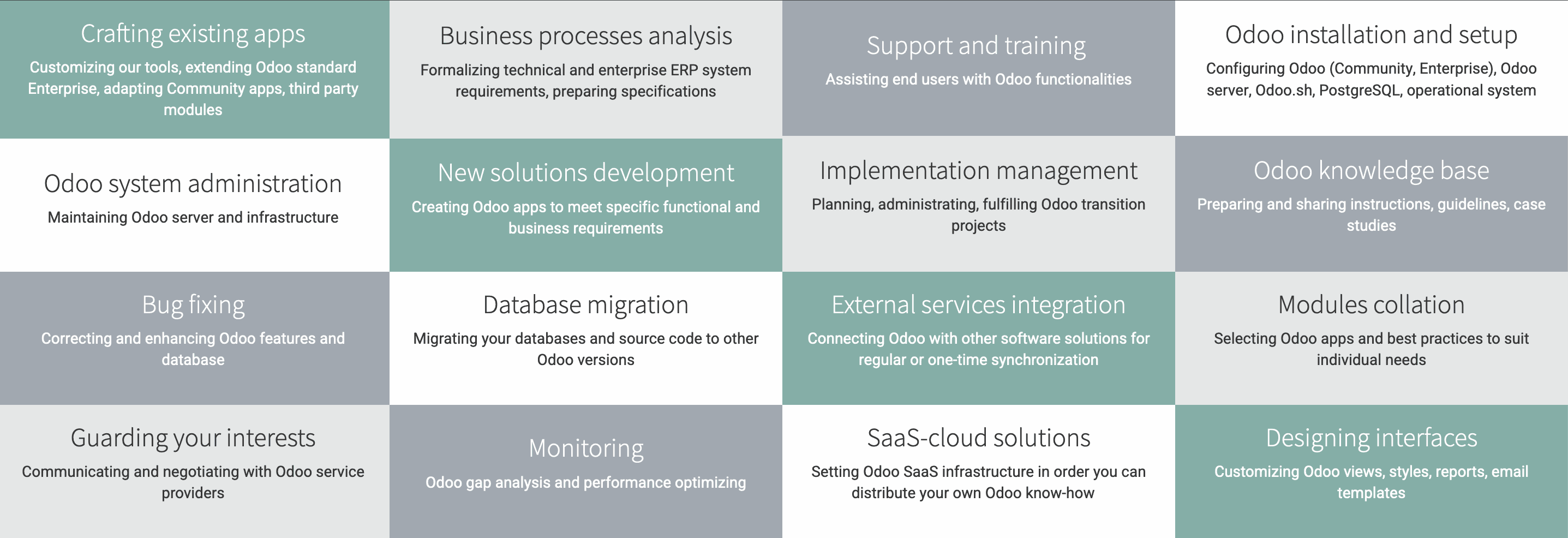
50,000+ companies run Odoo to grow their businesses.
Join us and make your company a better place.


